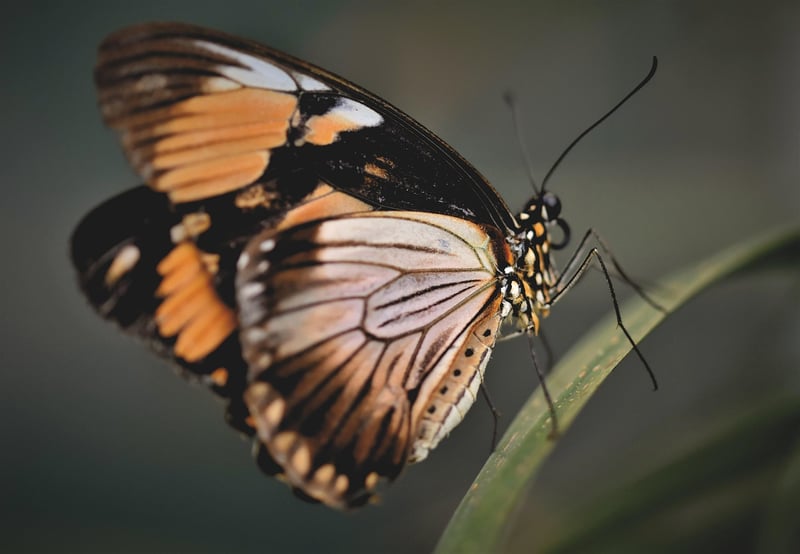Beneficial Insects
Protecting Your Garden with Beneficial Insects
Are you looking for a natural and eco-friendly way to protect your garden from pests while promoting a healthy ecosystem? Consider inviting beneficial insects to your garden! These tiny allies can help keep harmful pests in check, reducing the need for chemical pesticides and fostering a balanced environment for your plants to thrive.
Why Beneficial Insects are Essential
Beneficial insects play a crucial role in maintaining a healthy garden. They act as natural predators, feeding on common garden pests like aphids, caterpillars, and mites. By introducing these beneficial insects into your garden, you can effectively control pest populations without resorting to harmful chemicals that can disrupt the ecosystem.
Common Beneficial Insects to Attract
Here are some common beneficial insects that you can attract to your garden:
- Ladybugs: These colorful beetles feed on aphids, mealybugs, and other soft-bodied insects.
- Praying Mantis: Known for their voracious appetite, praying mantises devour a wide range of garden pests.
- Lacewings: Lacewing larvae are voracious predators of aphids, caterpillars, and other soft-bodied pests.
- Ground Beetles: These nocturnal insects feed on slugs, snails, and other ground-dwelling pests.
- Hoverflies: Adult hoverflies feed on nectar, while their larvae prey on aphids, thrips, and other pests.
How to Attract Beneficial Insects
Creating a welcoming environment for beneficial insects is key to their presence in your garden. Here are some tips to attract these beneficial allies:
- Plant a diverse range of flowering plants to provide food and habitat for beneficial insects.
- Minimize pesticide use to avoid harming beneficial insects along with pests.
- Provide shelter such as rock piles, logs, and shrubs for beneficial insects to hide and lay eggs.
- Avoid disturbing the soil excessively to protect ground-dwelling beneficial insects.
Conclusion
By harnessing the power of beneficial insects, you can protect your garden in a sustainable and environmentally friendly way. Encouraging these natural predators to thrive in your garden not only helps control pest populations but also promotes a healthy and balanced ecosystem for your plants to grow and flourish.
So, next time you spot a ladybug or a praying mantis in your garden, remember that they are nature's helpers, working hard to keep your plants healthy and vibrant!

Image Source: Pixabay
